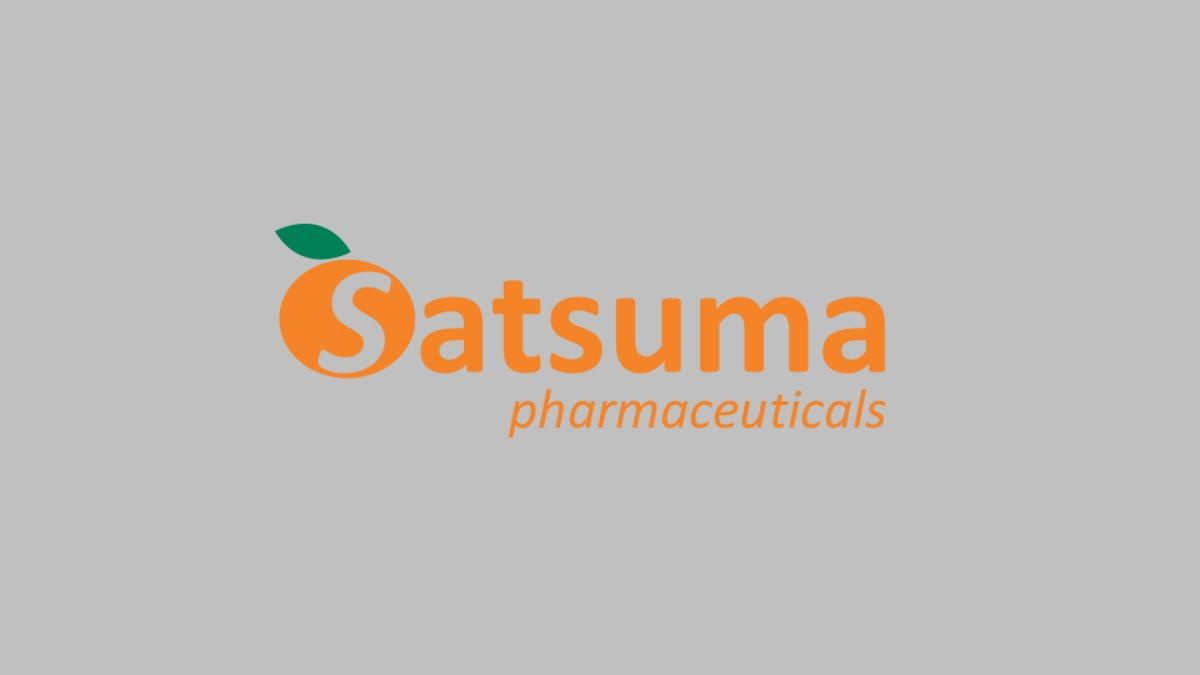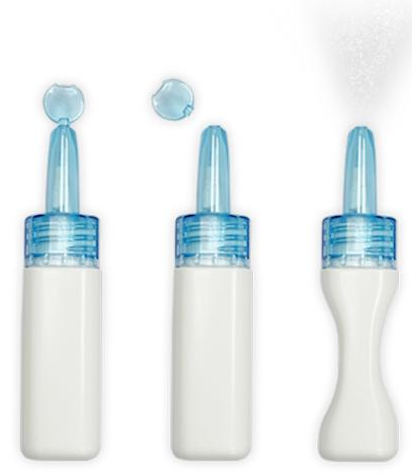FDA resurrects Satsuma's nasal migraine treatment

More than a year after it was rejected by the FDA, Satsuma Pharma's intranasal migraine therapy Atzumi (formerly STS101) has been given the go-ahead by the agency.
The drug – a new dry powder intranasal formulation of the well-established migraine therapy dihydroergotamine mesylate (DHE) – was submitted for approval in the US in 2023 as an easy-to-use, portable treatment option for acute migraine attacks, but was turned down in January 2024 due to issues with manufacturing data in Satsuma's marketing application.
 In a statement, Satsuma, which is a subsidiary of Japan's Shin Nippon Biomedical Laboratories (SNBL), said that Atzumi is also the first product to be approved based on its SMART intranasal drug delivery technology, which combines a novel nasal delivery device with a proprietary powder formulation to deliver a dose of DHE that sticks to the nasal lining and enhances drug absorption.
In a statement, Satsuma, which is a subsidiary of Japan's Shin Nippon Biomedical Laboratories (SNBL), said that Atzumi is also the first product to be approved based on its SMART intranasal drug delivery technology, which combines a novel nasal delivery device with a proprietary powder formulation to deliver a dose of DHE that sticks to the nasal lining and enhances drug absorption.
Compared to liquid-based DHE nasal products – which include Impel Pharma's Trudhesa and Bausch Health's Migranal – Satsuma's product offers greater stability, less variable dosing, and a reduced tendency to drip out of the nose or down the back of the throat, according to the company.
Trudhesa was launched onto the market in 2021, and Impel makes similar claims for its product over Migranal, which has been on the US market for decades, although, sales failed to gather much momentum and Impel filed for bankruptcy protection in 2023.
A plan to liquidate the company was agreed last year, with the sale of its assets to "stalking horse" company JN Bidco LLC for $17.5 million, and Trudhesa remains available.
Satsuma now has an opportunity to stake a claim to the intranasal migraine segment and see if it can do better commercially with Atzumi – at one point, analysts were discussing potential peak sales of $400 million a year – although, since then, the acute migraine market has become increasingly crowded with the launch of non-DHE options.
Those include Pfizer's nasally-administered CGRP inhibitor Zavzpret (zavegepant) – added as part of its $11.6 billion takeover of Biohaven in 2022 – plus a series of oral CGRP inhibitors used for acute migraine, including Pfizer's Nurtec ODT (rimegepant) and AbbVie's Ubrelvy (ubrogepant).
"DHE plays a unique clinical role in the acute treatment of migraine, providing patients long-lasting effects and the unique ability to provide benefit, even when taken late in a migraine attack," said Dr Stewart Tepper, vice president of the New England Institute for Neurology and Headache in Stamford, Connecticut.
"The convenience of Atzumi, the only DHE nasal powder, will offer patients ease of use combined with the important known DHE clinical advantages," he added.












